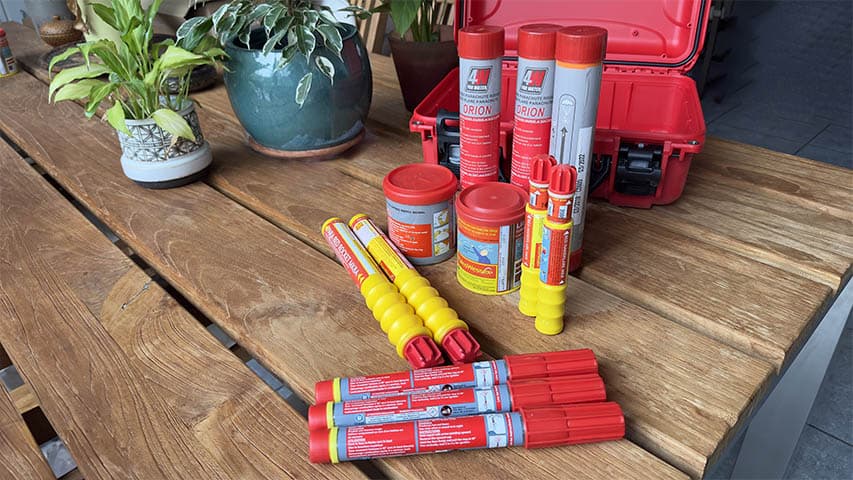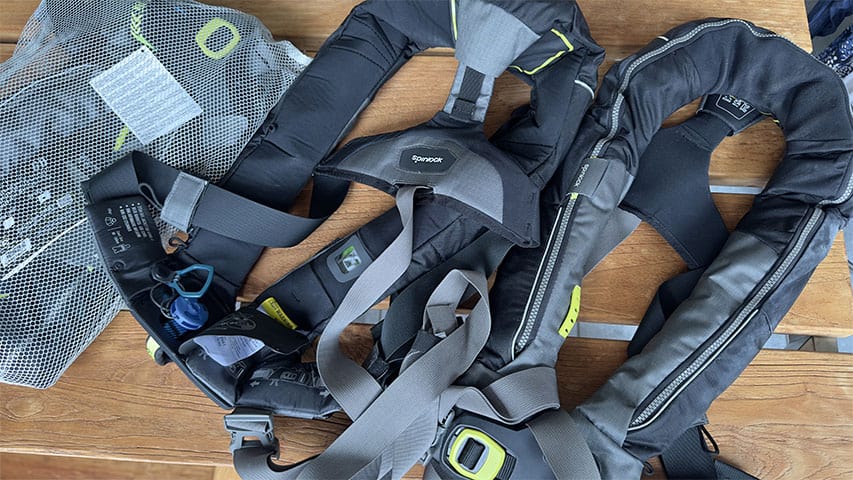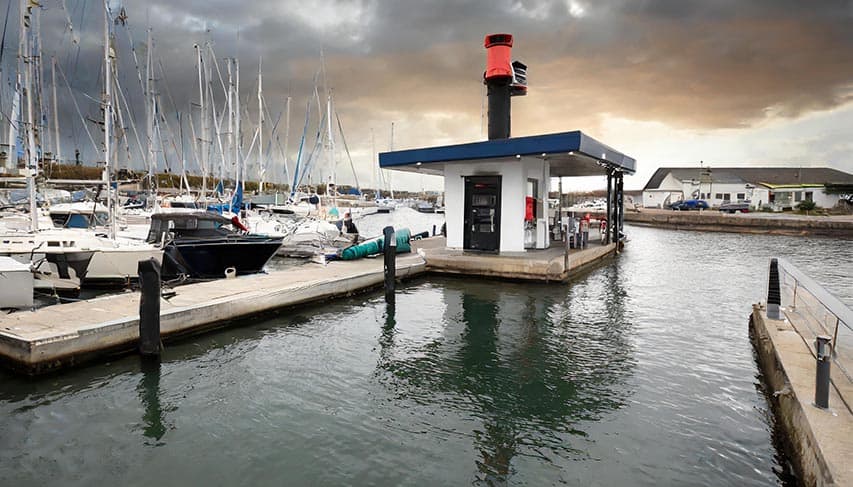
Read the Operating Instructions of Safety Equipment Beforehand
When operating a rigid inflatable boat (RIB), it’s crucial to have the right safety equipment on board to ensure the well-being of yourself and your passengers.
This article is part of the how-to series I’m writing about several aspects of going out with your RIB, a.o.:
Safe Passenger Transport on RIBs: 7 Essentials
How Do I Navigate Shallow Waters in a RIB: 10 Tips
How Do I Protect my RIB from UV Damage
Install Additional Seating or Storage on a RIB
What Engine Maintenance Tips Apply to RIBs
…
Here’s a list of 13 essential safety equipments for RIBs.
(more…)

